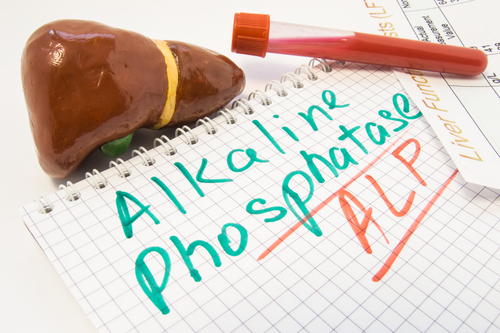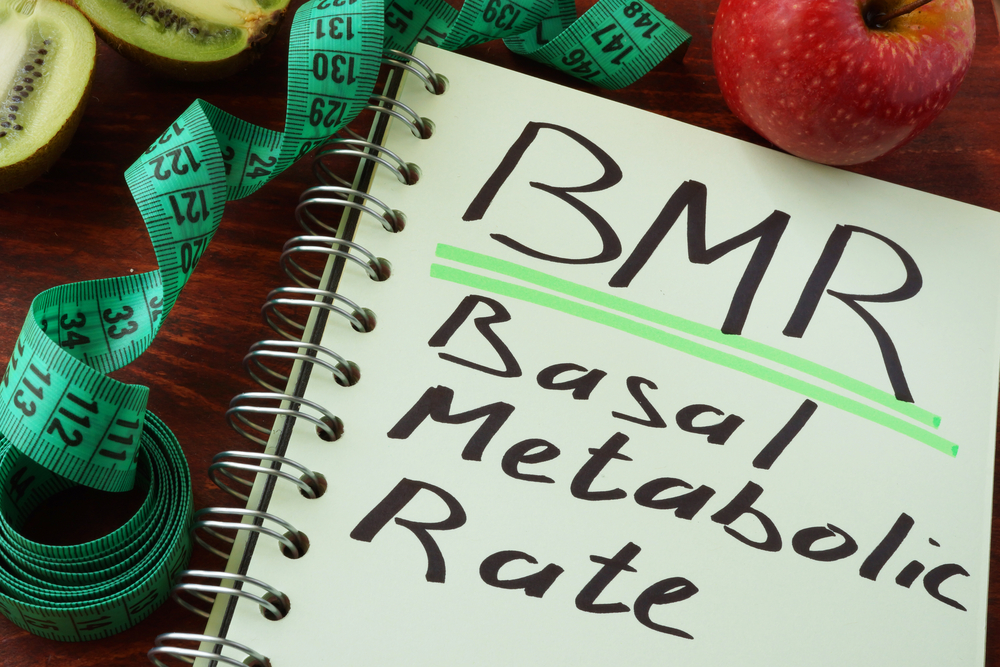What are Platelets in the blood?
Platelets form blood clots by clumping. Blood clotting is of utmost importance to the human body as it stops excess bleeding and prevents more blood from flowing out of the body. Thereby, platelets help in preventing blood loss too. They are made in the bone marrow. A platelet count will be measured as a part of Complete Blood Count (CBC).
What should be the normal range of Platelets in my blood?
A normal platelet count ranges from 150,000 to 450,000 platelets per microliter of blood. Having more than 450,000 platelets is a condition called thrombocytosis; having less than 150,000 is known as thrombocytopenia.
What causes an abnormality in the platelet count?
Decreased production and increased breakdown of the platelet cells are the main causes for the abnormal platelet count in a human body. An enlarged spleen is a condition where the spleen often ends up holding a large number of platelet cells in it. In turn, there is a decrease in total platelet cell count in the blood.
There are many factors that can be the cause of decreased production of platelets. Leukemia(cancer of the body’s blood-forming tissues, including bone marrow and lymphatic system), certain types of anaemia, certain viral infections, chemotherapy treatment, iron deficiency and alcohol consumption are few examples that can sabotage the production of platelets. On the other hand, increased breakdown of platelets means that the body is destroying too many platelet cells. Autoimmune disorders, certain medications, bacterial infection in blood, etc. indicate increased breakdown of platelet cells in the human body.
Risks associated with abnormal platelet count
A low platelet count is often referred to as Thrombocytopenia wherein patients don’t have enough platelets to form a blood clot. If they get a simple paper cut or other injury, they may bleed too much and the bleeding can be hard to stop. The most common yet quite critical risk that a low platelet count presents is that of excessive bleeding and uncontrollable blood loss. Besides it, often severe nosebleeds, gastrointestinal bleeding, anaemia and in rare cases intracerebral haemorrhage can occur. All of these risks can be lethal to a human life in severe cases.
On the contrary, thrombocytosis refers to having too many platelets in your blood, which can lead to certain conditions, including stroke, heart attack or a clot in the blood vessels.
What can I do to maintain my platelet count?
Increasing intake of fatty fish, foods rich in iron, folate consumption, leafy green vegetables, and citrus foods can help in raising our platelet count. If you’re at risk for thrombocytopenia, these steps may help prevent it:
- Avoid medicines that thin blood and increase bleeding risk, such as aspirin, naprosyn and ibuprofen.
- Take care with contact sports and activities that can cause injuries, bruising and bleeding.
- Minimize contact with toxic chemicals.
- Take extra care when shaving, brushing your teeth and blowing your nose.
- Limit your intake of alcohol which slows down the production of platelets and causes liver damage. To avoid thrombocytosis, you can control many of the risk factors for blood clots, such as high blood cholesterol, high blood pressure, diabetes, and smoking, by adapting to healthy lifestyle habits.






